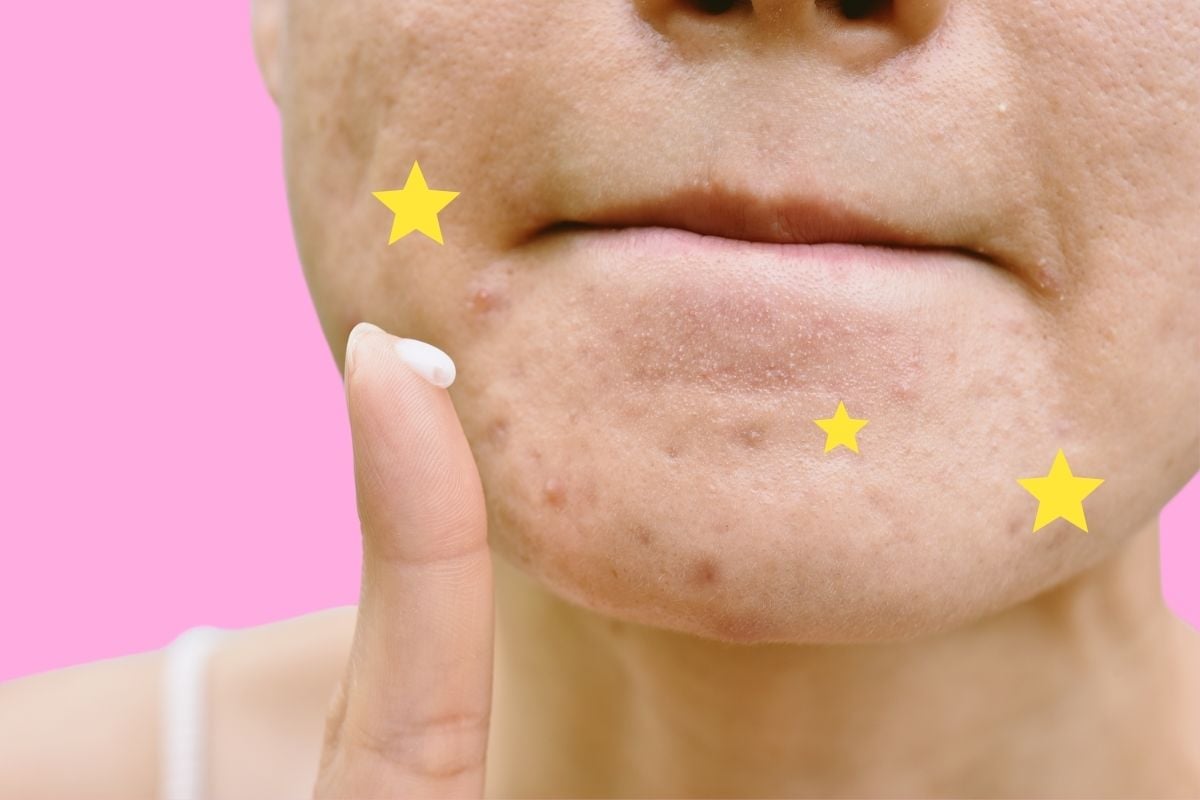
If you're a person with a face, chances are you've had to deal with pimples at some point in your life. Some of us lucky squids get to deal with them even more so than others.
And when it comes to treating and preventing breakouts, there are honestly *endless* options out there - from fancy spot treatments to acne-fighting serums and 'skin-clearing' lotions.
Yet somehow, keeping those annoying breakouts off your face isn't easy. In fact, it's really very hard.
Watch: Here are seven ways to improve your skin while sleeping. Post continues below.
Why?
Well, apparently, there are a few things you could be doing wrong when you're trying to treat your pimples.
Yes, really!
Like, we all obviously know the not-good way to deal with pimples involves squeezing and scarring and all that other fun stuff - but we're talking about a few other sneaky things.
Things that we didn't know about, and reckon you would like to know about, too.
Top Comments